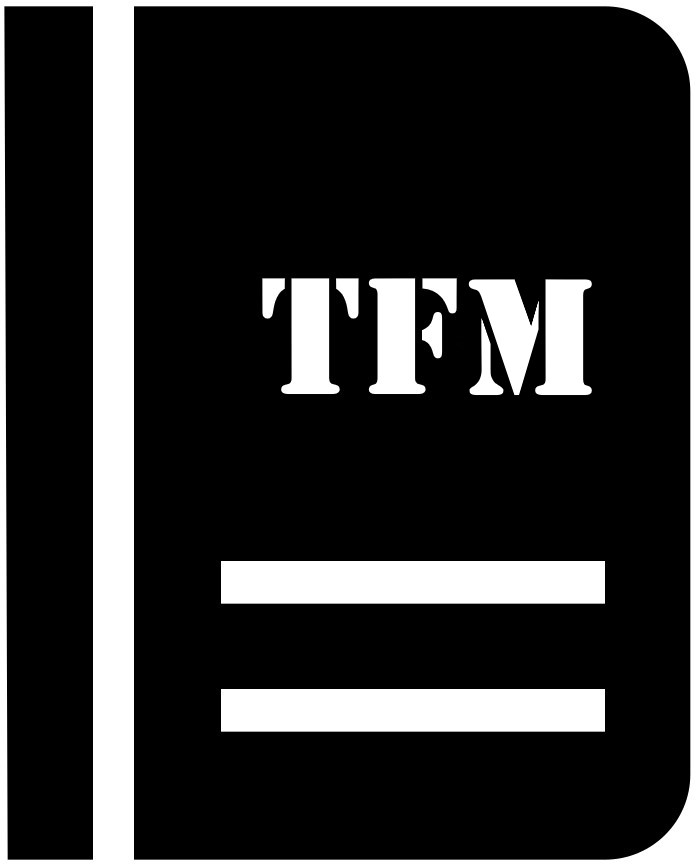|
Author
Payo Arrojo, Beatriz
|
Abstract
The pharmaceutical industry drives the development of chemical process for active pharmaceutical ingredients (APIs). This process involves the consideration of quality, safety, robustness, costs and time constraints. It consists of different stages, starting from the theoretical study to find the synthetic route, followed by the obtention of the first samples, which are useful to develop the analytical method and identify the impurities that are present in the API. Afterwards, the optimization of the process is carried out by varying factors, through the design of experiment approach, to get a robust process. Once the process is optimized, there is a technology transfer, scaling up from producing milligram quantities in a laboratory to producing kilogram to ton quantities in a plant. Finally, the validation is required to submit all the information in the drug master file.
The impurity profile of the API plays an important role during its process development. The presence of unwanted chemicals, even in trace amounts can influence the quality, efficacy and safety of the final pharmaceutical product that will be prescribed to patients. The control of impurities is currently a critical issue to the pharmaceutical industry; hence, regulatory bodies are responsible for guaranteeing the compliance of marketed drug substances.
This control is accomplished with the support of analytical techniques, in the case of organic impurities, the comparison between the analytical response for an impurity and the appropriate reference standard is one of the most common forms to identify and quantify impurities.
This project is focused on the synthesis and characterization (NMR, IR, MS, and HPLC) of a set of impurities of different active pharmaceutical ingredients in order to obtain reference standards. The impurities developed in this project are related to APIs such as Elagolix, and Roflumilast. Besides that, the carry-over of an impurity of Rotigotine was studied.
On the other hand, it is crucial to find the synthetic route for a compound and the optimal conditions of reactions to reduce cost, time, pollution and increase efficacy, yield and purity. Hence, variation of parameters such as number of equivalents of reagents, temperature and reaction time are studied in some steps of the synthesis of Elagolix, Roflumilast and Roflumilast-N-Oxide.
Finally, use tests are performed to qualify any reagent within the process. In this case, the functionality of one starting material from another supplier was assessed in the synthesis of Rotigotine.
This thesis was carried out in collaboration with R&D department in the company Interquim S.A.
|

|



